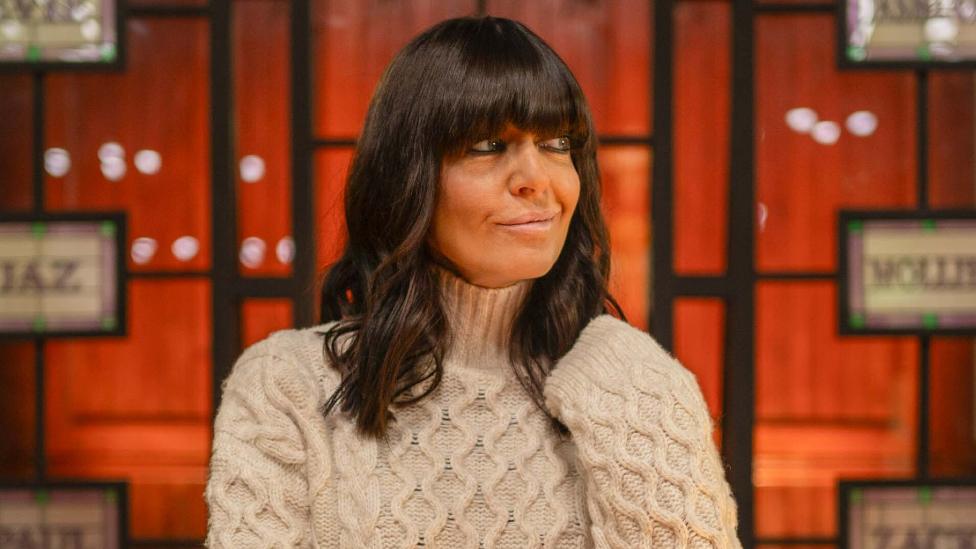Traitors: Star aims to get others talking on mental health
- Published
Andrew Jenkins narrowly missed out on winning BBC TV show Traitors
If you are a fan of the hit BBC show The Traitors then you know how tense the finale was.
Welsh contestant Andrew Jenkins, 45, narrowly missed out after he was voted out shortly before the end.
Now the survivor of a near-fatal collision when he was 21 wants to help people talk openly about their mental health.
The last episode saw five finalists battle it out for a cash prize of just under £100,000.
The insurance broker from Talbot Green in Rhondda Cynon Taf was pronounced dead at the side of the road after a serious car crash and he was in a coma for four weeks.
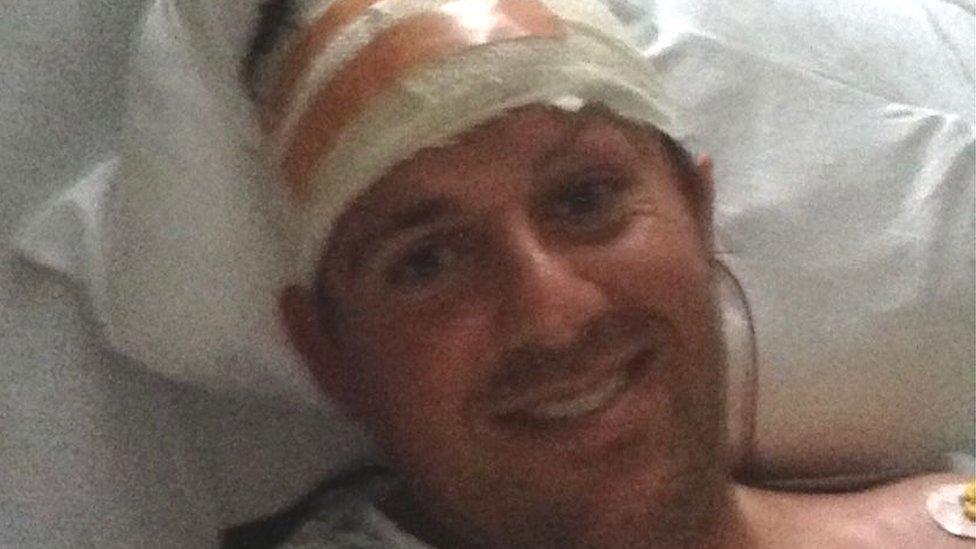
Andrew was in a coma for four weeks after the crash
"My parents were told I'd never walk ever again," he said. "I had brain damage and that there's a chance of me not waking up from my coma."
But he recovered, explaining how doctors called him a "miracle patient".
'I wore a mask for 20 years'
Years after the crash, Andrew said he struggled with his mental health and lost his self esteem.
"I wore a mask for over 20 years. I was happy and bubbly but behind closed doors people didn't see I was crying.
"I hated what I saw in the mirror. When somebody would knock at the door, I would hide in my bedroom," he added.
Last year, he got a chance to thank the man who saved his life in a story he said inspired hundreds of people.
"I'm now helping thousands of people. If I didn't have the accident, I wouldn't be doing that."
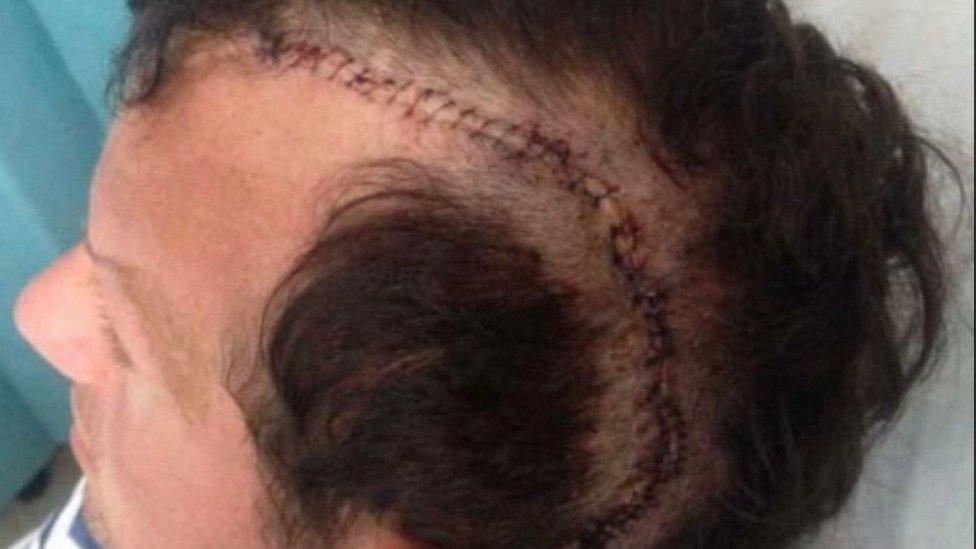
Andrew was left with scars after the near-fatal collision when he was 21
'I still pinch myself'
Andrew began the programme as a faithful, but was recruited as a traitor by fellow contestants Harry and Paul.
Andrew made it to the last four before being voted off by the other finalists.
He called the programme an incredible experience.
"I still pinch myself when I realise I've been on the show.
"I was absolutely amazing. I wouldn't change a thing," he said.
Speaking about his exit, he said he wasn't surprised that fellow traitor Harry voted for him to be banished.
"I saw what he did to the other traitors. At the end of the day it's a game.
"I wanted to win myself. I probably wouldn't like to share the money with anyone, so I knew he would probably be the same."
'It will get better'
Andrew said his aim now was to inspire people to talk openly about their mental health.
"It sounds easy, but it took me over 20 years to open up and talk.
"It doesn't make you weak. I think it makes you braver.
"When I'm helping people, I say keep on dreaming, keep believing and working hard.
"It's not easy, you have up and downs and tears but one day it will get better."


Related topics
- Published29 January 2024
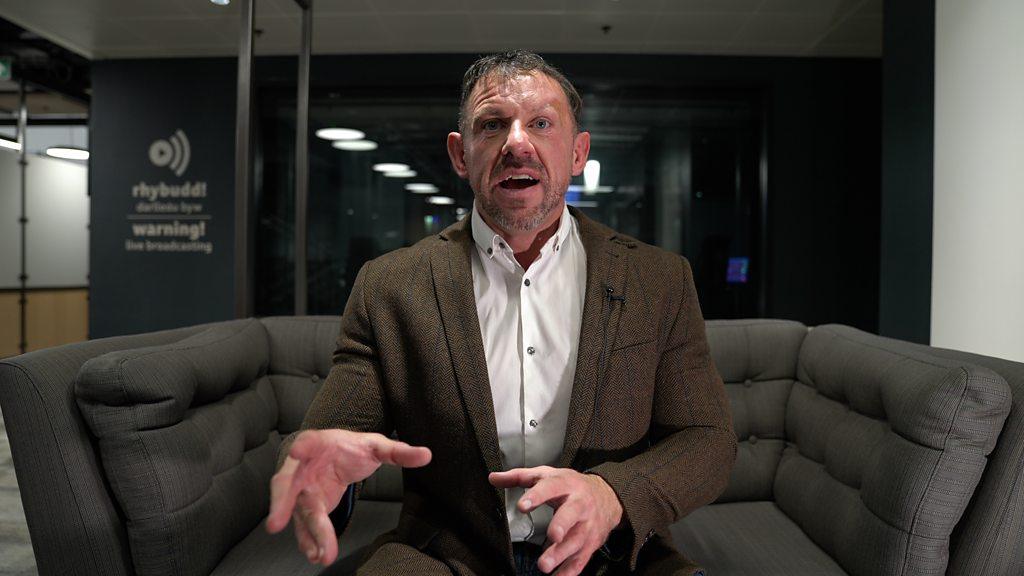
- Published27 January 2024
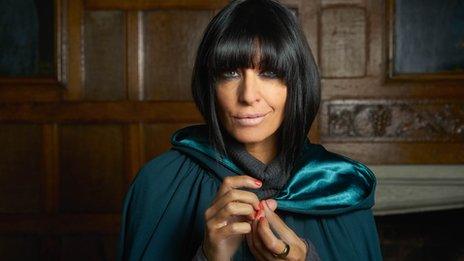
- Published27 January 2024
